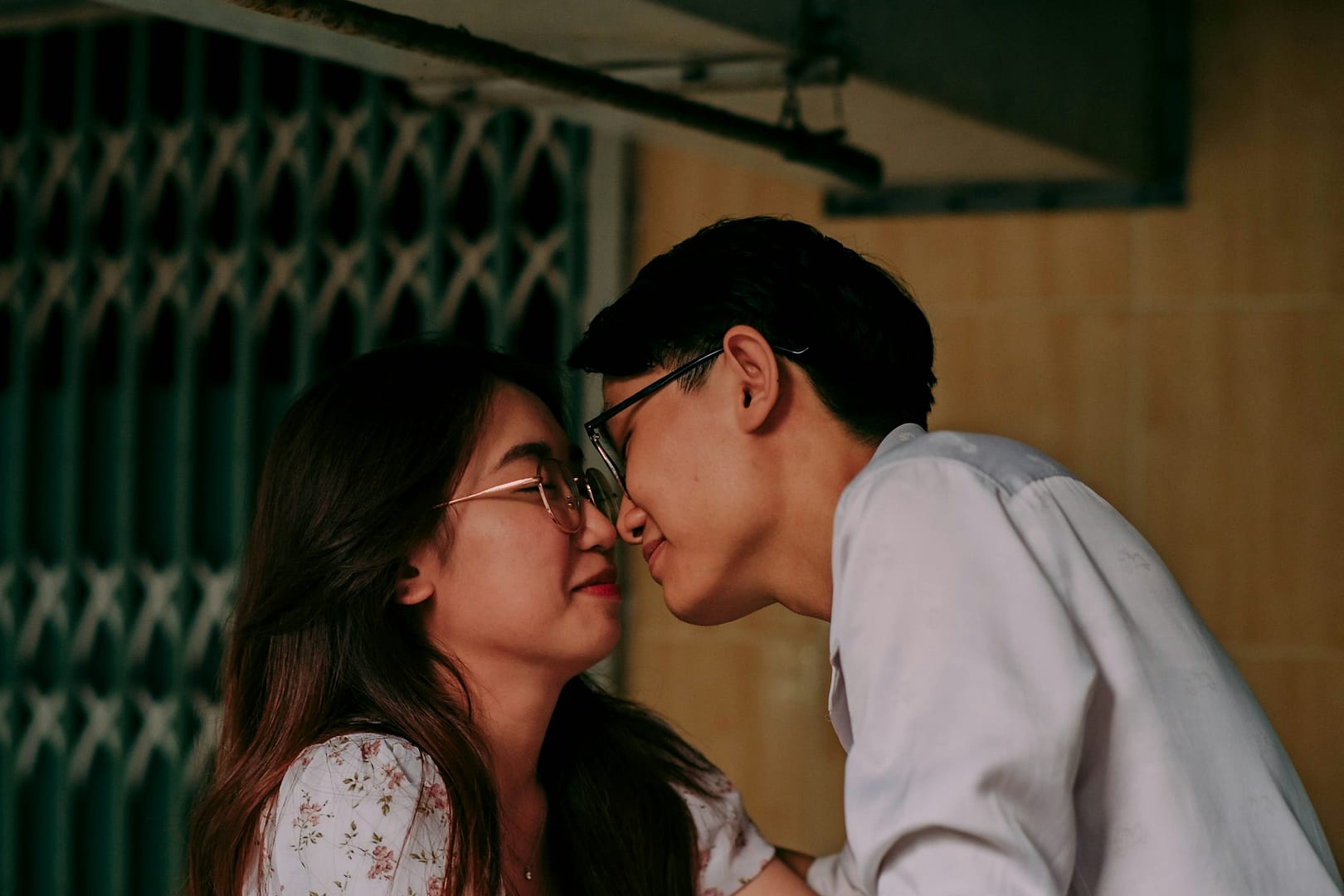The intricate tapestry of human sexuality is shaped by a myriad of factors, including biology, psychology, social context, and cultural influences. Among these dimensions, the relationship between female libido and age is particularly compelling, as it challenges conventional notions about sexual desire and female aging. For many years, societal narratives have perpetuated the idea that female libido diminishes with age. However, emerging research and anecdotal evidence suggest that female libido may increase or evolve in complex ways as women age. This essay delves into the factors influencing female libido over a woman’s lifespan and explores whether it genuinely increases with age.
Biological Factors
Biologically, female libido is influenced by hormonal changes that occur throughout their lives. The menstrual cycle, pregnancy, and menopause bring fluctuations in hormones such as estrogen, progesterone, and testosterone, all of which can impact female libido. While some studies indicate that women may experience a decrease in sexual desire during menopause due to reduced estrogen levels, other research suggests that this transition can also lead to an increase in female libido for certain individuals. Freed from the constraints of reproductive pressures and societal expectations, many women report a newfound sense of sexual freedom and confidence post-menopause, which can enhance female libido.

Psychological Dimensions
Psychological factors also play a crucial role in influencing female libido. As women age, they often experience shifts in their self-image, confidence, and self-awareness. This maturation process can lead to a more profound understanding of their desires and needs, positively impacting their sexual experience. Many women gain a sense of empowerment and body positivity as they age, which can translate to increased female libido. Furthermore, the emotional maturity that often comes with age may facilitate deeper emotional connections with partners, enhancing sexual attraction and desire.
Relationship Dynamics
The dynamics of romantic relationships can significantly affect female libido. As women age, they often seek relationships that are more fulfilling and stable, leading to increased intimacy and trust with their partners. These qualities can foster an environment conducive to sexual exploration and expression. In long-term relationships, women may feel freer to communicate their desires and preferences, resulting in enhanced sexual satisfaction. Conversely, the strain of family responsibilities and career pressures during earlier life stages can affect female libido; thus, as these burdens lessen with age, female libido may increase.
Societal and Cultural Influences
Societal and cultural narratives surrounding female libido often shape personal attitudes towards libido. Traditionally, many cultures have viewed female libido as something that wanes with age, leading to stigma and shame surrounding older women’s sexual experiences. However, as social attitudes evolve—thanks to advocacy and increased visibility of female sexuality—many women are challenging these stereotypes. The rise of sexuality-positive movements has encouraged women to embrace their sexual identities at any age, potentially leading to increased female libido as they feel more comfortable expressing their desires.
Personal Health and Wellness
Health and wellness play a significant role in shaping female libido. As women age, they become increasingly aware of the importance of self-care, which encompasses physical, mental, and emotional health. This proactive approach often includes regular exercise, a balanced diet, and stress management, all contributing factors that can enhance female libido. Additionally, women may seek healthcare solutions to address sexual function concerns, such as hormone therapy or sexual aids, leading to more satisfying sexual experiences and improved libido.
The Menopause Paradox
Menopause represents a critical juncture in a woman’s life. Although many feel a decline in female libido due to hormonal imbalances, there is evidence to suggest that menopause can catalyze increased sexual desire for some. The absence of menstrual cycles can liberate women from reproductive anxieties, and many find that they have more time, energy, and motivation to explore their sexuality once they are no longer preoccupied with fertility. The so-called “menopause paradox” highlights individual variability in sexual desire, with numerous women reporting an increase in libido post-menopause.
Anecdotal Evidence
Anecdotal evidence supports the notion that many women experience heightened libido as they age. Real-life accounts from older women often reveal a sense of sexual liberation that accompanies aging, driven by an increased clarity regarding their desires and the shedding of societal expectations. These narratives reveal that women are increasingly prioritizing their sexual well-being, leading to a more open dialogue about desire, pleasure, and sexuality, irrespective of age.
The Role of Education and Communication
Education and open communication about sexuality can also play a crucial role in enhancing women’s sexual experiences as they age. By fostering an environment where women feel comfortable discussing their needs and desires, they can better understand their bodies and please them. This dialogue not only empowers women to embrace their sexuality but also helps dismantle the stigma surrounding aging and desire. As more women share their stories and seek knowledge, the collective understanding of female sexuality evolves, leading to a more fulfilling and liberated experience for all.

